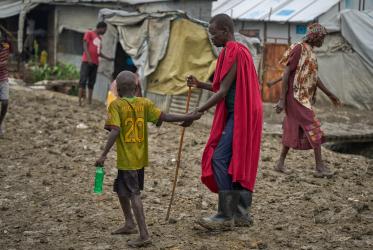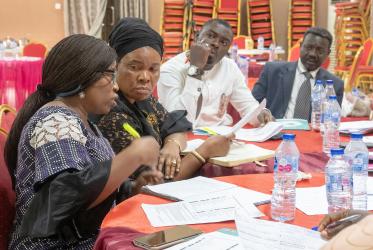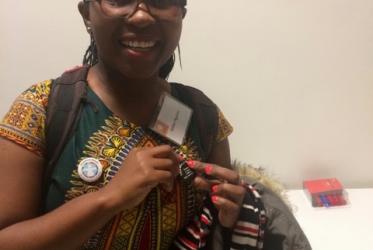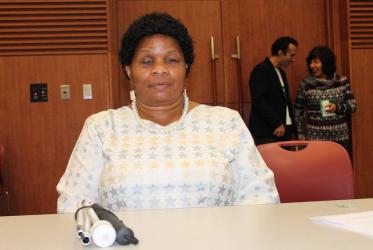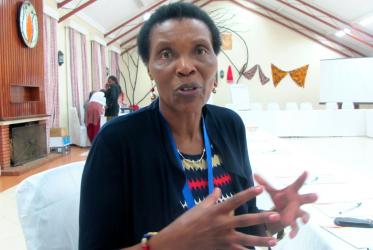Displaying 1 - 15 of 15
Workshop on HIV stigma, treatment adherence opens in Tanzania
29 September 2021
Moravian Church in Tanzania launches Thursdays in Black
10 September 2019
An advocate for family values, called by God
26 March 2018
